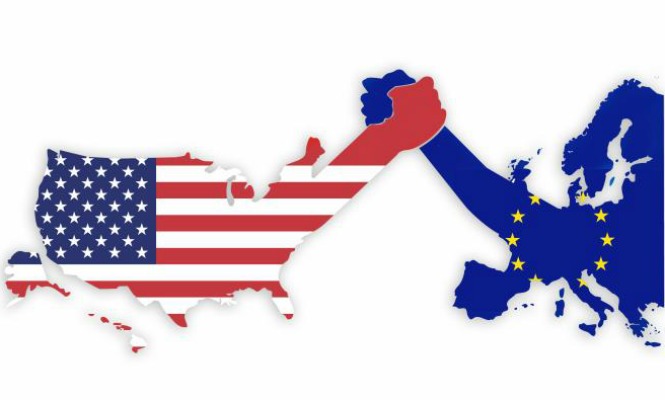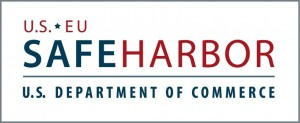Privacy Shield, the solution to the legal problems of Email Marketing outside the EU

The European Union has a number of barriers that hinder digital sales and marketing globally. Although the EU has standardised guidelines in different countries, each country still has its own regulatory standards for e-commerce and online marketing.
These legal limitations directly affect the email marketing sector.. Privacy, personal data protection or consumer protection laws are aspects that are highly protected by the EU and in many cases differ from how other countries handle them.
To understand what the agreement consists of Privacy ShieldIt is important to know its background and what has led us to it.
Safe Harbor, the failed EU-US agreement

The international Safe Harbor principles on privacy refer to a process of cooperation between the European Union and the United States in order to establish regulation and limitations on the international transfer of European citizens' data (any personal data that is stored or processed outside the European Union).
Any organisation that was on the list of Safe Harbor was deemed to be EU-approved, as it complied with the data protection policies set out in the agreement. The EU does not authorise companies where the transfer of European citizens' data has a lower level of protection than is required within the EU. This caused problems for global email marketing as most companies use services and databases hosted in the US or other countries. At the same time, this meant that this agreement did not meet the minimum requirements demanded by the EU.
According to data from the European Commission, the agreement was invalidated by the European Court of Justice on 6 October 2015.The invalidation of this agreement meant the expulsion of the US from the list and all the North American companies that were part of it. The invalidation of this agreement meant the expulsion of the US from the list and of all North American companies that were part of the list, which in turn meant the impossibility of receiving and processing data from EU citizens.
Privacy Shield, the solution to chaos
Only a few days ago, the European Commission announced a new international data transfer agreement between the European Commission and the European Union's Department of Commerce and the United States Federal Trade Commission under the name of "....Privacy Shield". This agreement promises to place stricter obligations on US-based companies in order to ensure maximum protection of EU citizens' personal data.
 All in all, everything remains more or less as it was before. In other words, such servers and software may continue to be used as long as they comply with the Data Protection regulations that are established.
All in all, everything remains more or less as it was before. In other words, such servers and software may continue to be used as long as they comply with the Data Protection regulations that are established.
This new agreement has yet to be drafted, and both sides (EU and US) must agree on the regulations to be established in order for this agreement to be transposed into law and enter into force within approximately three months.
In short, Privacy Shield will not be an immediate solution, however, it will appear as the gradual replacement of what was Safe Harbor in order to enable cooperation between the two States. The European Commission declares that preparations are underway for all those aspects necessary to initiate the transaction and collaboration with the United States in a harmonious and most effective way.